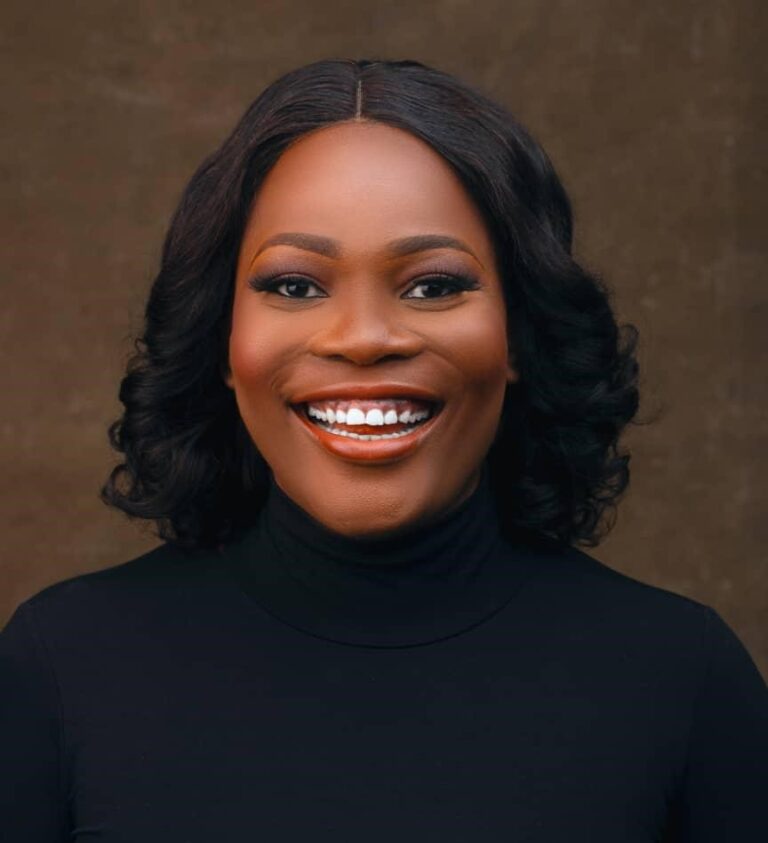When the hand is broken, we go to see the doctor.
No, we run to see the doctor.
We know it needs fixing.
No one will see you carrying a broken hand and tell you to suck it up, hide it, you don’t want anyone to know. Of course, no one will stigmatize you for your broken hand.
The intense pain will not let you hide, you will run off to a surgeon and ask him to do something.
We all know the hand is replaceable and we even have two.We have two hands, two legs, two eyes, two ears, two kidneys; nearly every organ in the body can be successfully transplanted or fixed surgically.
You also know that even if you lose those limbs, there are prosthetic limbs you can wear so we have at our beck and call a ton of remedies for fixing a broken limb. Let’s not mention the friends and family that will support you during recovery and take turns by your bed side.Sadly, when your mind/brain is ‘broken’. They tell you to hide it. Don’t seek help. You will bring shame on the family and wrongly so, ignorant people will begin to avoid you and your family.
How else would you fix the mind/brain if you don’t seek help?
Do you have two brains? Do you know anyone that will donate one for you?
Are you looking forward to doing a mind/brain transplant or are there prosthetic minds/brains available for sale? Some people even have the resources to seek help but will hide under the cover of ‘do you know who I am?’. My pedigree? My status? Yet, they are not whole.
The broken mind/brain does not have prosthesis.
The broken mind or brain cannot be transplanted from a family member or donor.
Only you know where it hurts and how it hurts.
Some of us have emotional baggage from our childhood and past experiences that only therapy can take care of. Unfortunately, we can’t place these feelings and its consequences so we are unable to deal with it. It affects our relationships, our performance at work/productivity and our wellbeing. For this reason, some have been tagged as ‘having spiritual problem’ or being possessed while being ferried from one prayer house to another. It is a factor in the domestic violence/emotional abuse in marriage towards spouse and children.
It is no longer enough to tell people to lose weight, to follow a meal plan, to register at the gym, to wake up first thing in the morning to exercise – as long as those deep-seated issues are not dealt with through therapy and inquiry (excavating & uprooting); many of us will continue to use food as a coping mechanism. This is why with my clients, I choose first to focus on behavior remodeling. Sadly, many people don’t want to deal with the real issues they prefer a ‘meal plan’ that will fail them again and again.
You know deep within you that this mind/brain is not ‘working’ as it should and you want to be whole…believe me, there is absolutely nothing to be ashamed of. Mental illnesses are disorders affecting a state and part of the body just like you would have kidney diseases, liver diseases and every other disease that affects a part of the body. Once a disorder in any of these parts result, it becomes an illness. There should be no stigma associated with it, just because they manifest differently is not a cause for stigma either. If we are not stigmatizing the person with a broken hand, we are wrong to stigmatize the one with a broken mind/brain.
Please, don’t let your ‘well-meaning’ pastor tell you ‘we will pray it out’. Why did that other church member who fractured her knee get admitted in the hospital and you all went to see her with baskets of fruits. Why was she not managed in church with prayer and fasting?
PS: Your pastor cannot fulfill every role in your life and a good pastor should be the first person encouraging you to seek professional help.
Yes, in God’s word there is an answer for every situation. Just like we had priests, we had kings, we had men at the city gates, we had scribes. Each one fulfilling a different purpose.
Today, we have therapists, psychologists and psychiatrists. Every wisdom here on earth comes from God. So, the therapists and psychiatrists you will see are acting under God’s divine wisdom just like the pastor is.
Even the psychiatrist is stigmatized.
In my 2nd year of Medical School (about 13 years ago), I heard about the psychiatrist in my city. They said he behaves like his patients, jumps on tables when attending to patients and ‘looks and acts crazy’. I’m sure most people who ‘distributed’ that narrative had never seen this man. I on the other hand have been there during a 4-week posting in my 5th year, never for once did I witness any of the doctors jumping on tables. This is what ‘the danger of a single story’ does to the world of psychiatry.
Psychiatrists are medical doctors who are trained to diagnose and treat mental illness with medication or evideAccording to the WHO, while information is lacking on mental health and access to mental health in Nigeria is quite limited, it is estimated that at least 4% of the population suffer from depression. I assume this number is very much underestimated thanks to our poor health seeking behaviors (people don’t seek medical help until it is severe).
While there are non-existent desks in the ministries at any level for mental health and only 3.3% of the Federal Government’s health budget goes to mental health, we can do better as individuals. Stigmatization will only lead to more and more people suffering in silence, never getting help and even getting worse. A 4-week therapy session for that woman suffering post-partum depression will go a long way in helping her raise mentally strong children that will neither be neglected nor emotionally abused …but she won’t go for fear that YOU & I will stigmatize/ostracize her and her children.
Summary;
– When we feel pain in our muscles or limbs we see the orthopedic surgeon
– When we feel pain around the abdomen, we see the gastroenterologist
– When our heart hurts suddenly we run down to the cardiologist. No one wants to die of a heart attack.
– When we feel pain in our minds/brains we have every right like every other person who seeks help for pain in other parts of their body to see a therapist or a psychiatrist.
Having a mental illness does not mean you’re broken or weak. far from it. Acknowledging that you have a biological imbalance and need help is the most courageous thing that you can do today: It is a sign of strength, not weakness. I believe everyone deserves a therapy session at least twice a year.
As a psychiatrist rightly quoted, there is no health without mental health.
Mental Health Helplines and Resources in Nigeria
Nigeria Suicide Prevention Initiative: +234 806 210 6493
Mentally Aware Nigeria Initiative +234 806 010 1157
She Writes Woman +234 817 491 3329
About Ezinne Meribe
Dr. Ezinne Meribe is the host of Beyond A Dress Size podcast; a podcast series that creates stimulating conversations to pull down misconceptions on nutrition, weight loss, health and body diversity while empowering women to live life beyond the numbers on the dress label, scale or tape.
She is the Lead Wellness Coach/Founder at Zinnyslifestyle, where she leverages her professional qualifications and personal experience to teach women how to OWN & LOVE their bodies and LIVE in it fabulously; having successfully won the struggle with being overweight and loving her body. A UK certified Wellness Professional with a Bachelors in Medicine and Surgery (MBBS), she completed her postgraduate training in Public Health at Kumamoto University, Japan. As a Medical Doctor and Public Health Specialist, she continues to promote preventive medicine as the number one way to combat the severe health system constraints in developing countries.
You can connect with her on
Instagram @zinnyslifestyle
Facebook @zinnyslifestyle
Read more on Medium @ezinnemeribe
Or send an email to info@zinnyslifestyle.com





